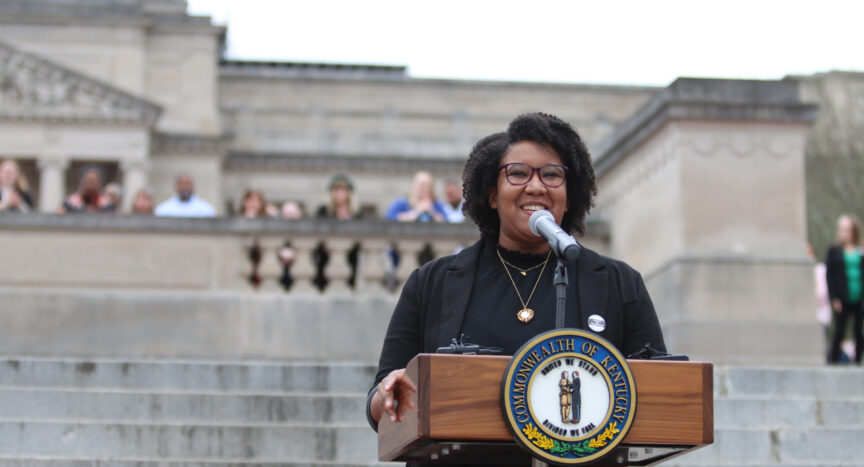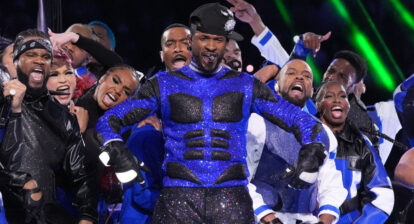In 2023, Kentucky’s General Assembly passed SB 150, one of the most extreme anti-trans pieces of legislation in the country. In response, a Kentucky school system banned 100 books from their school libraries.
In just the first few days of the 2024 legislative session, SB 6 — the “Divisive Concepts” bill — was filed. This bill set its sights on our colleges and trade schools, creating a definition for “divisive concepts” and chilling campus activities that create a sense of safety and help create healthy environments for students.
Then, the House filed HB 9. This bill defined so-called “discriminatory concepts” as subjects of “inquiry” as opposed to historical fact. It sought to close DEI offices/departments, end DEI training and end many scholarship opportunities for historically marginalized groups.
Not content with attacking expression of free thought and an honest depiction of history in post-secondary institutions, another anti-DEI bill, SB 93, would remove any training or efforts focused on diversity, equity, inclusion and belonging from our primary schools and remove any language related to a trauma-informed approach in Kentucky K-12 schools.
None of these bills passed—lawmakers couldn’t agree on how far to go in their efforts to control the way Kentuckians learn and relate to one another. But the damage was already done. Since the General Assembly adjourned, the University of Kentucky and Northern Kentucky University have dissolved their DEI programs. Major employers in Kentucky, like Ford Motor Company and Brown-Forman Corporation, have scaled back or eliminated DEI efforts.
It is laughable at best and cruel at worst that our legislators spend precious time and taxpayer money on these issues while our Commonwealth sits consistently near the bottom when it comes to child welfare, literacy rates and student performance in the United States. It’s disheartening to know these efforts are having the intended effect – telling Black and brown people the history and stories of their people don’t belong in places of learning, nor do they belong in high-earning careers.
These bills and their impact are not new or unique to Kentucky. We’ve seen similar efforts in dozens of states as part of an anti-Black, anti-brown, and anti-LGBTQ+ backlash to DEI efforts that blossomed during the racial reckoning of 2020. Dismissing inequities or legislating Kentuckians’ ability to even discuss our differences does not erase racism or bigotry and will only exacerbate the problems our state and society face.
It’s no surprise that people thrive in environments where they feel welcome and able to express themselves. Banning books, dismantling DEI efforts and ignoring the need for an inclusive society are not only a disservice to Kentucky communities, but they are also steeped in white supremacy and continue to chip away at the little progress we have made in achieving equality and rejecting racism and bigotry.
When I accepted the role of executive director for the ACLU of Kentucky, I knew I would face seemingly insurmountable challenges. Kentucky’s history and culture are steeped in rich traditions but also in division and racism under the pretext of patriotism. To set the tone for the organization, I committed to pursuing all our work–whether criminal legal reform, reproductive freedom, or community engagement–through a racial justice lens. Until every Kentuckian has access to equal opportunities to see themselves in positions of power, we will continue to languish behind those who embrace our innate differences and value them as strengths.




